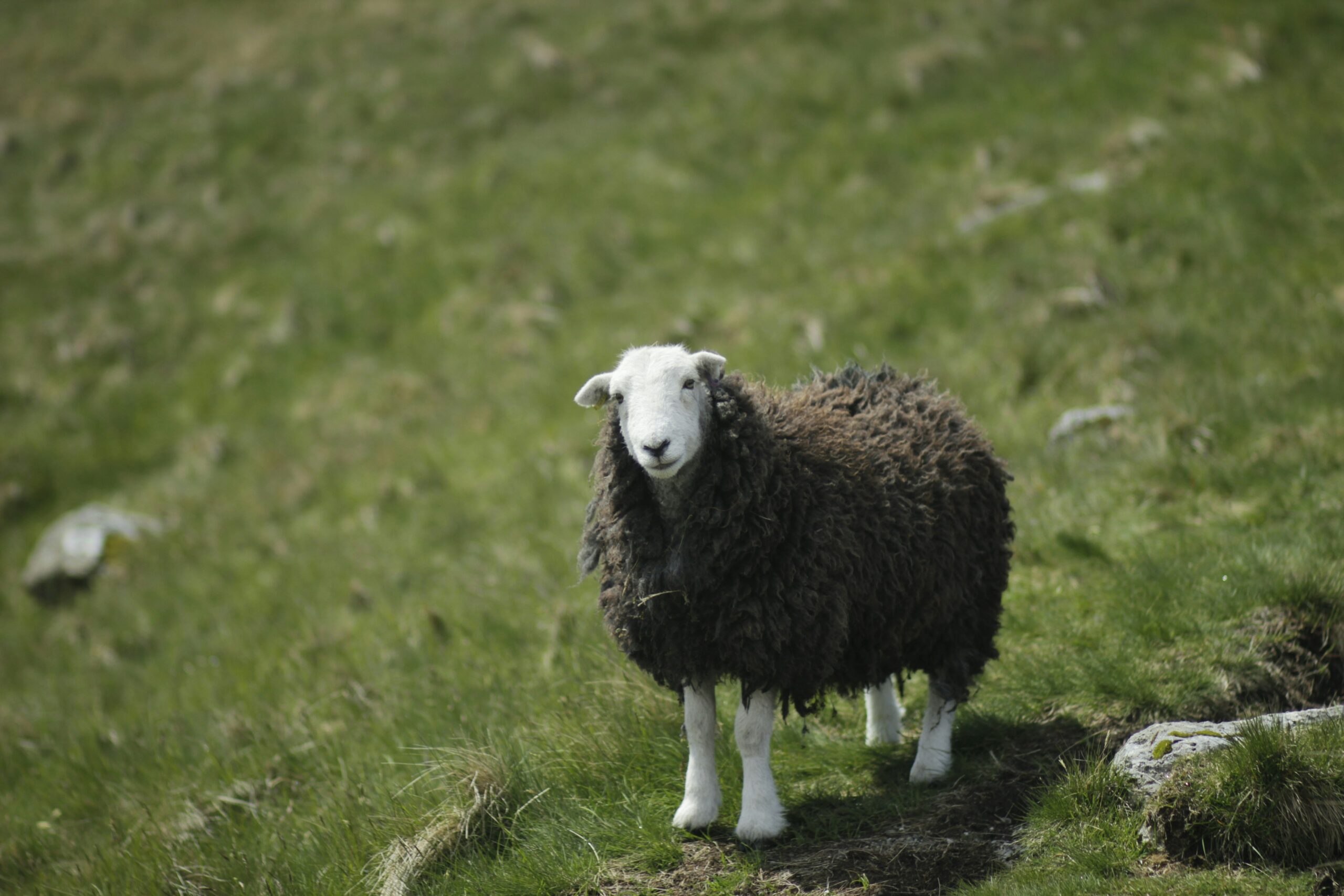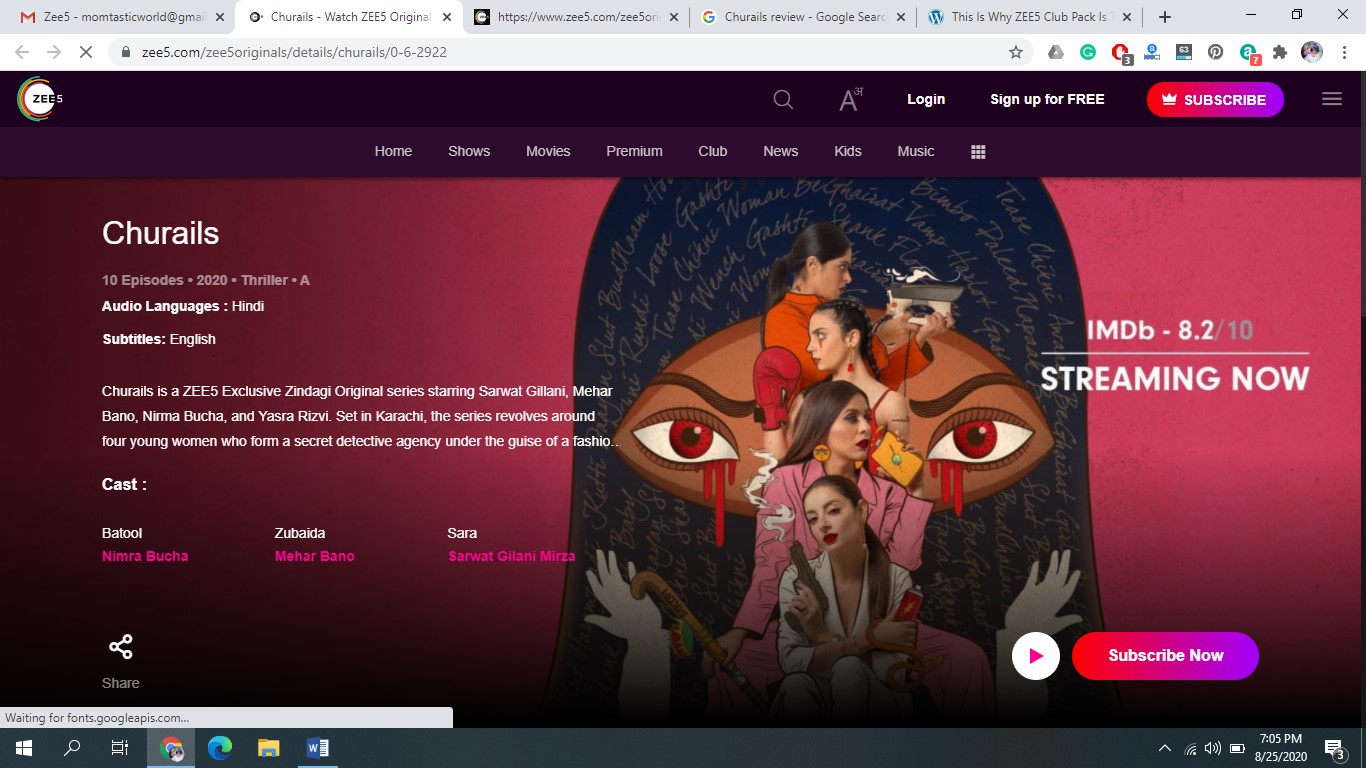Dear readers, I had the weirdest dream last night and couldn’t sleep once I was up in the middle of the night. It often happens to me whenever I read some creepy thriller story, yet I love reading this genre. I have recently finished reading a brilliant thriller and will write a review in my next post. For today, I have a very interesting topic that I want to share. The inspiration for this came from that same novel when I read the dark histories of these nursery rhymes.
Being a mother of two nursery rhymes play at a repeat mode at our place. However, now I can’t stop thinking about these theories every time I hear them. The first one on my list is the famous Baa Baa black ship.
Baa, baa, black sheep,
Have you any wool?
Yes sir, yes sir,
Three bags full.
One for the master,
And one for the dame,
And one for the little boy
Who lives down the lane?
The history behind nursery rhymes often holds intriguing tales of societal customs, political events, or economic conditions of their time. The nursery rhyme “Baa, Baa, Black Sheep,” despite its innocent and playful tune, harbors a contentious background that spans centuries.
It was first published in 1731 and has been subjected to various interpretations regarding its origin and underlying themes. Many historians argue that its roots delve into the economic turmoil of medieval England, specifically the heavy taxes imposed on wool during the reign of King Edward I in 1275. This tax, which mentioned that a third of the profits from each sack of wool be surrendered to the crown, significantly impacted the wool industry and provoked widespread discontent among wool producers and merchants alike.
The mention of “black sheep” in the rhyme holds significance, as black sheep’s wool was less valuable than white wool due to its inability to be dyed. Consequently, black sheep farmers faced economic hardship as their wool fetched lower prices in the market.
The line “One for the master, one for the dame” has been interpreted as a reference to the division of profits from the wool sales, with the third bag going to the king, or “master,” as per the tax regulations.
However, another interpretation posits a more somber connection between the nursery rhyme and the transatlantic slave trade.
Some scholars argue that the rhyme’s lyrics suggest the exploitation of enslaved Africans. The “black sheep” symbolizes the enslaved individuals and the “master” represents the slave owner. This interpretation underscores the dark and complex history intertwined with the seemingly innocent verses of the nursery rhyme.
The controversy surrounding the words “black” and “master” within the rhyme reflects broader debates on racial sensitivity and historical interpretation. While some view these terms as benign descriptors, others perceive them as racially charged and offensive analogies. T
Despite the ongoing debates over its origins and meanings, “Baa, Baa, Black Sheep” continues to endure as a beloved nursery rhyme cherished by generations of children. Its playful melody and simple lyrics belie the complexity of its historical context, serving as a reminder of the rich tapestry of human experience woven into the fabric of everyday culture.
Whether viewed as a commentary on medieval taxation, a reflection of the transatlantic slave trade, or simply a whimsical rhyme about sheep, its enduring legacy invites ongoing exploration and interpretation, reminding us of history, language, and culture.
What are your thoughts on this?
This is my 2nd post for the blogging challenge by Blogchatter #blogchatterA2Z
You can read my previous posts in this series here!
Please do not forget to subscribe to our newsletter; we promise not to spam you. Have you checked our parenting zone or recipe section? Also, if you like my work, don’t forget to follow me on INSTAGRAM.




Wow Kavita !! I had no idea of this side of rhymes.
New info for me.
I had no idea of its origin. Many fairy tales too have such notorious origins. It just goes to show we should perhaps contextualize our rhymes and stories that teach something kinder.
Quite an interesting article. It’s really thoughtful. You literally made an interesting writeup from one of the most heard phrases… Baa… Baa Blacksheep!!